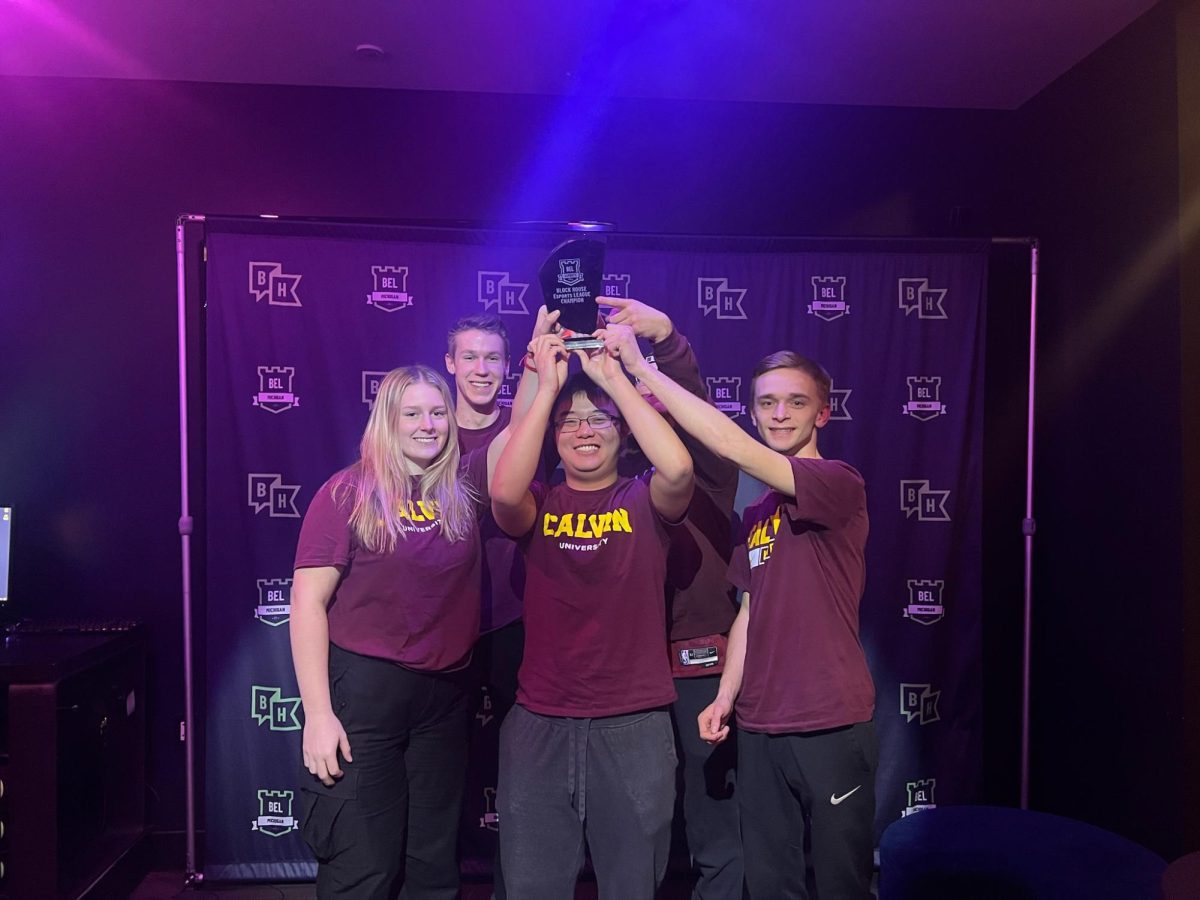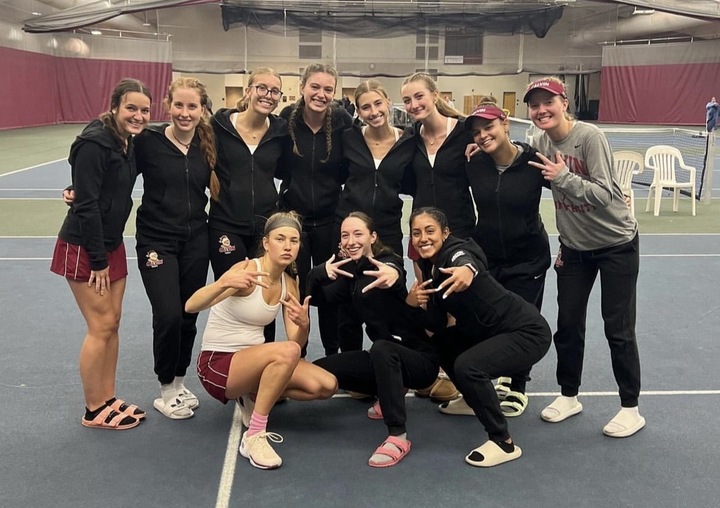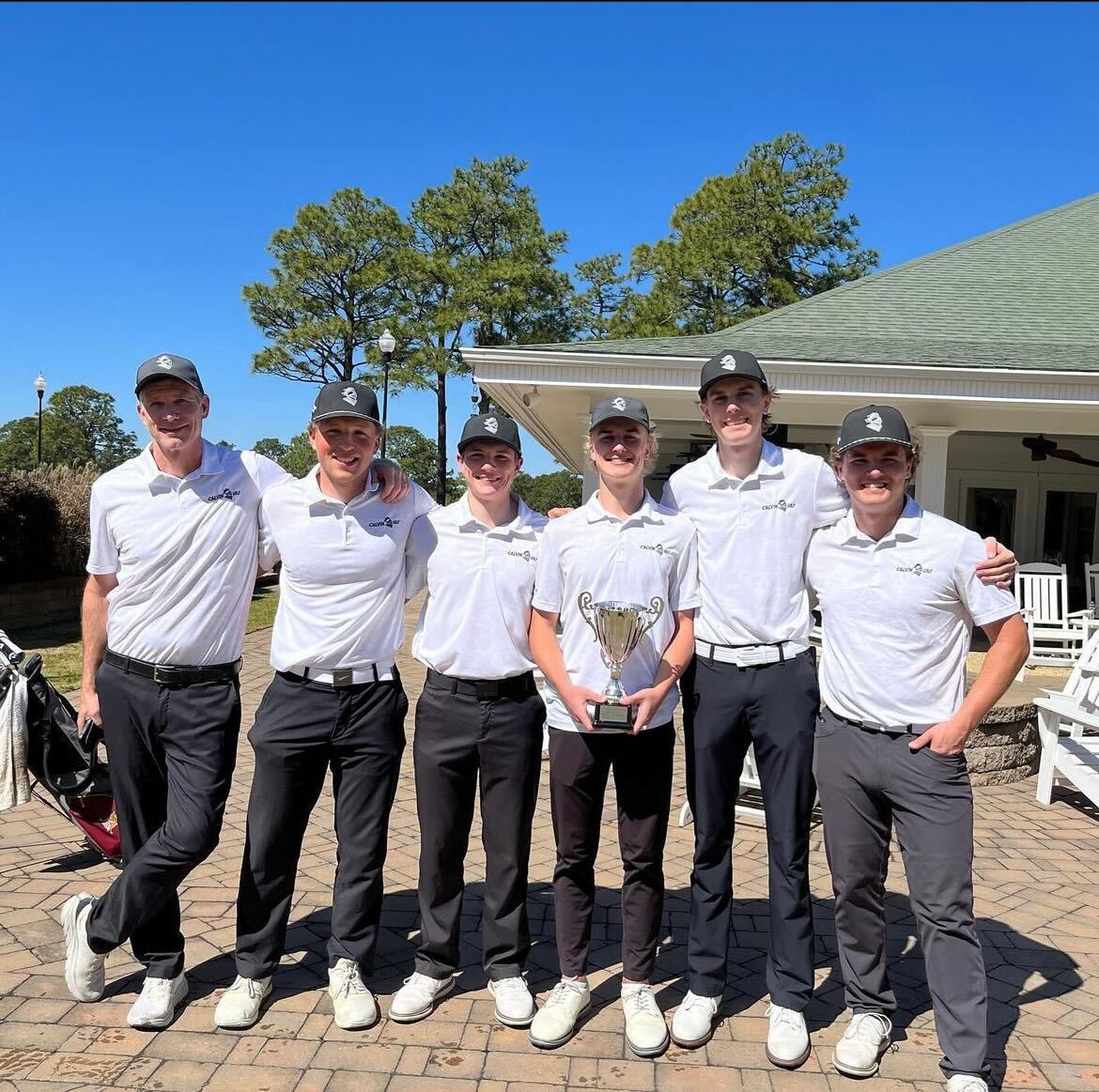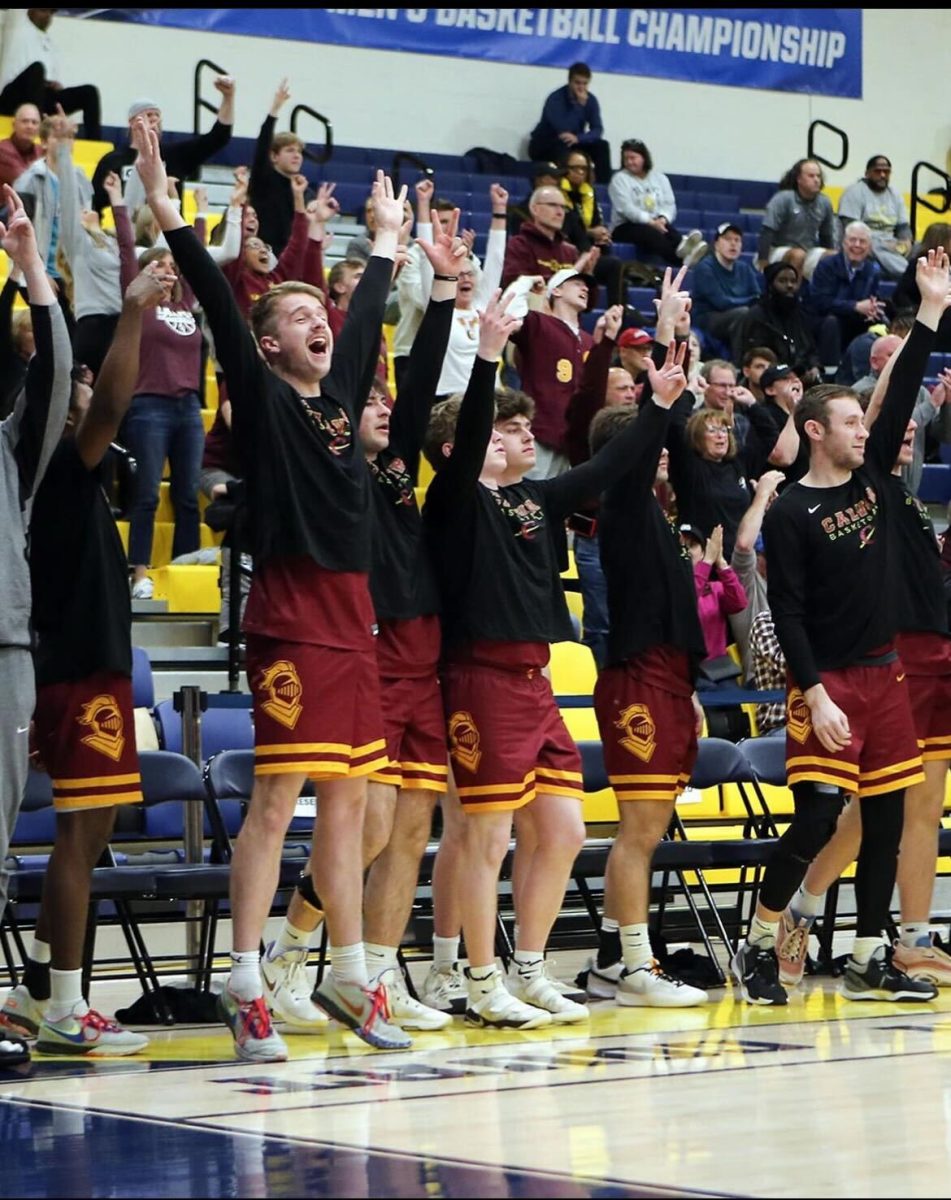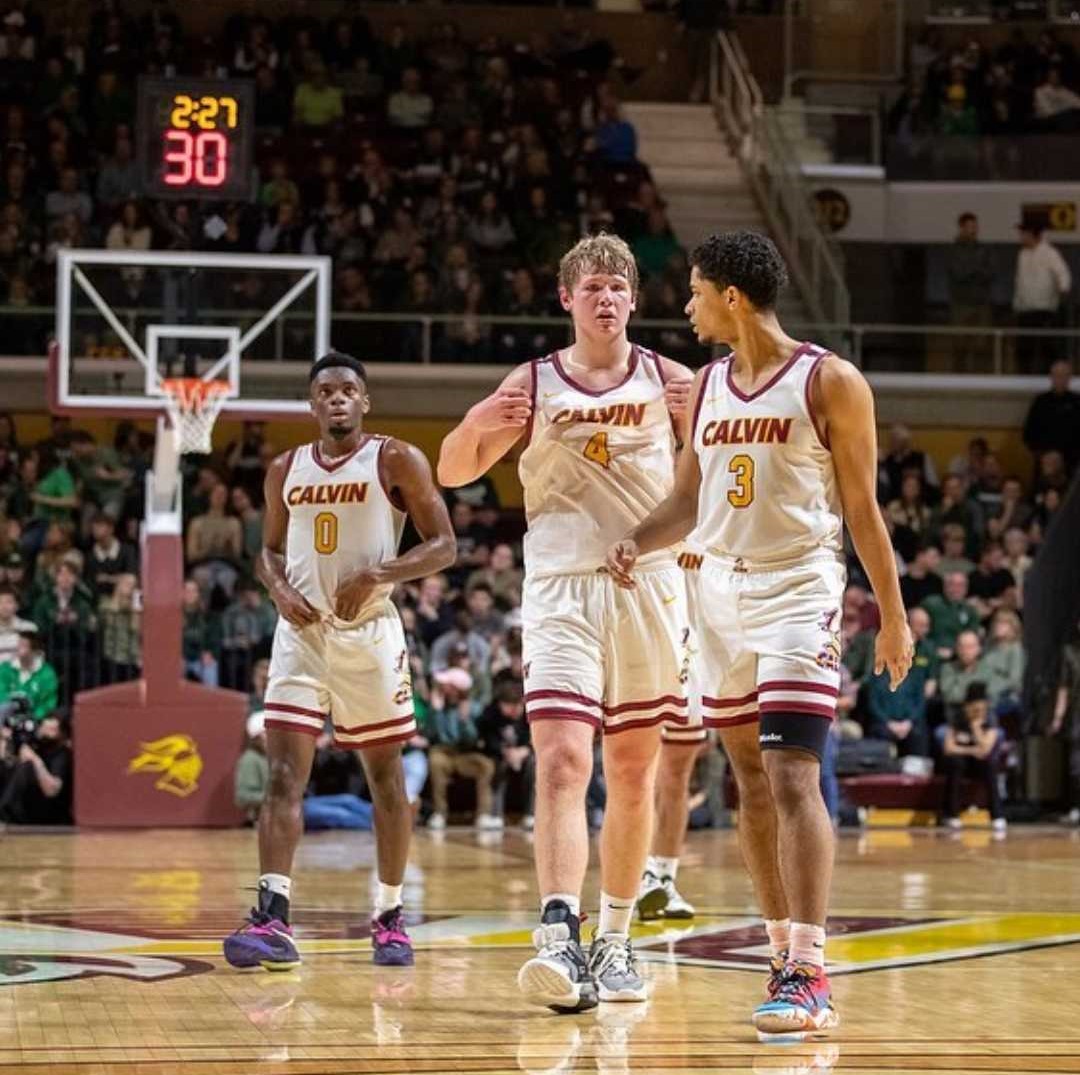Brian Diemer was given little chance to medal in the 1984 Olympics men’s 3000-meter steeplechase.
Placed in the eighth lane to start the race, Diemer was in sixth place with less than a lap to go. His teammate Henry Marsh, the American record holder and longtime unquestioned number one for the American team, was several paces ahead of him.
In his own words, Diemer was “very, very sore, very tired.” Most American eyes were riveted on Marsh, who was expected to compete for the gold and had made a push to get into the top two entering the final lap.
Nevertheless, Diemer would be the one representing the United States on the medal stand later that night, something no American steeplechase runner has accomplished since.
Diemer’s unlikely push for an Olympic medal started during his senior year of college.
Just a year before the 1984 Olympics in Los Angeles, Diemer had been planning on leaving his running behind after graduating from the University of Michigan. But, after winning the 1983 NCAA Division I steeplechase title, his life took a drastic turn.
“Winning the NCAA meet changed my life,” Diemer said years later, at the 2008 Michigan Track Coaches Association seminar. “It put me into a meet that I didn’t even know existed, the World Championships, where I finished 13th.
“All of the sudden, a kid who never watched an Olympic games had a possibility of making the Olympic team.”
Diemer would go on to make the U.S. team after finishing second to Marsh in the U.S. time trials, and made the final race by placing third in his semifinal heat. Diemer said this past week he was still astonished he even made it into the Olympic finals.
“I was amazed to get in the finals, and then the final race just worked out perfectly,” said Diemer.
Diemer’s race strategy was simple: be methodical and efficient over the barriers, putting him in position to make a push.
“I had a pretty good kick and so I figured that if I could be there with three laps to go, and keep setting myself up for good positioning, that I could finish pretty hard and strong and maybe take a shot at it.”
That’s exactly what he did, pressing forward to pass two runners around the outside to quickly get in fourth place as the runners started their final lap.
As the top four runners rounded the curve, the first place runner and eventual champion Julius Korir of Kenya pulled away. As they went into the stretch and over the final hurdle, Joseph Mahmoud of France passed Marsh, who seemed to be losing steam. Diemer watched all of this happen from just a few strides back, continuing to press on through the pain as he launched into the final step of his strategy: the kick.
Diemer had kept pace with the top group through the final lap, as the rest of the competition fell behind, trying to gain position as he ran on the outside of Mahmoud and Marsh. He had tried to make his move around Mahmoud on the curve, but the combination of having the outside track and a hurdle to contend with was too much for Diemer, and Mahmoud pulled ahead of both Diemer and Marsh.
As they leaped over the final hurdle, Diemer saw his chance and took it, slowly gaining ground on Marsh, and pulling even with him with just a few meters to go. His momentum carried him, and he edged out Marsh for the bronze medal by less than two tenths of a second.
It would be Diemer’s highest placing in any major international event, and the highest any U.S. Olympic athlete has achieved in the event since. Diemer would compete in the Olympic steeplechase again in 1988 and 1992, but he was unable to get back on the podium.
“It just kept getting tougher and tougher,” Diemer said. “The Kenyans just kept getting stronger and stronger.”
Diemer noted that a switch happened during his time, explaining that the Europeans had been the best distance runners for a long time, but African runners transitioned into that role during his career.
Diemer’s analysis seems to be correct, at least in his event. Since Diemer’s medal-winning race in 1984, Kenya has taken home 16 of the possible 21 medals, including every gold medal.
Diemer would run competitively for 12 more years, participating in two more Olympics and running for Nike’s premier team in multiple international events.
But since 1986, Diemer’s most dominant success has been at Calvin College, where he’s been coaching cross country ever since.
Diemer took over the men’s cross country program in 1986, and would coach women’s cross country in addition after 2006, leading the teams to a combined 30 MIAA championships. With that total, Diemer is the winningest coach in Calvin history, in any sport, and third all-time in the MIAA.
Since 1998, Diemer’s led the men’s team to four national championships and four runner-up seasons, including the second best point total in NCAA Division III history during their 2006 championship performance. He also coached the 2008 women’s team to second place in 2008, as well as three other top-four finishes since 2006.
His winning ways have earned him 16 of the past 17 Great Lakes Regional Cross Country Coach of the Year awards, as well as four NCAA D3 Coach of the Year awards.
Diemer’s coaching strategy emphasizes the mentality necessary to succeed in competitive running, something he learned while competing in the Olympics all those years ago.
“I think that mentally I understand that you can’t just do it with your physical abilities, you have to engage your mind, and you really have to prepare yourself and set yourself up for greatness, and a lot of that comes from the mindset,” Diemer said.
Diemer says that his years of professional running helped him realize how important a safe environment could be for athletes, something he tries to incorporate into his coaching at Calvin.
“I try to provide an emotionally stable atmosphere so that these kids can get the best out of themselves, because there’s something steady, something they can count on here,” Diemer said.
“I understand the need for that emotional stability when you’re trying to shoot for the moon, trying to accomplish something very much ‘out there.’”
Diemer’s strategies have been successful thus far, and look to be working again in 2012, as Calvin’s men’s team is ranked second in the nation, and its women’s team is ranked sixth, according to the U.S Track and Field and Cross Country Coaches Association.
But no matter where his teams finish the season, Diemer says the most important concept he can pass on to his runners is the need for proper perspective.
“Any Christian athlete should say, God has given me this ability and I just want to first and foremost say thanks to him for this ability,” said Diemer.
“I want to use it, and when I use it to my best, it just gives me pleasure, you know, just to go out there and do this in saying thanks to Him.”
Diemer emphasized that his runners much understand why they are going through the grueling training long distance running requires.
“It’s not an ends, but a means to be used by God,” said Diemer. “It’s a platform, and I think that makes all the difference in the world.”



